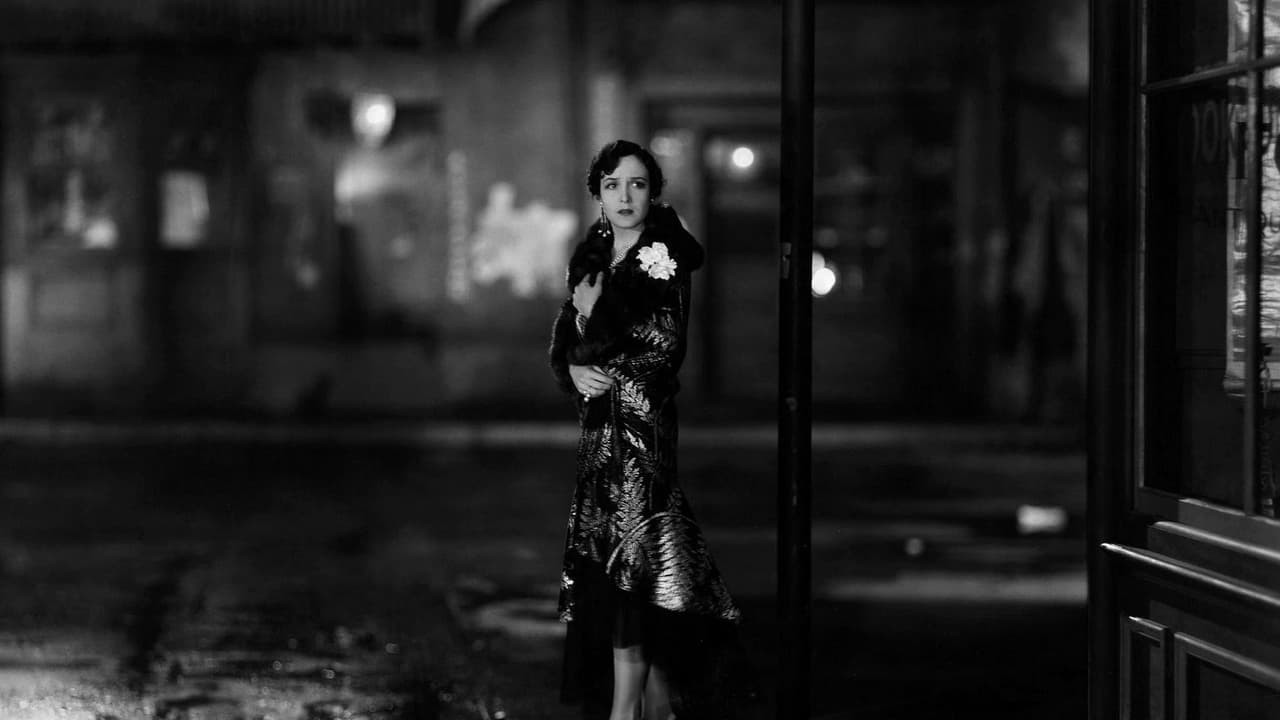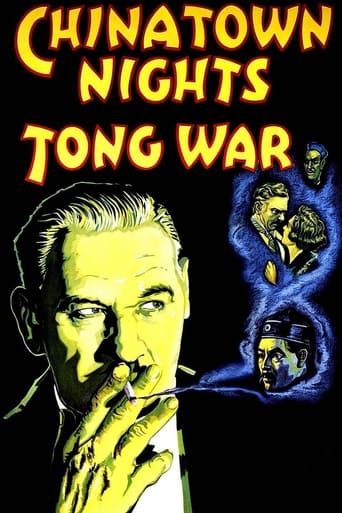Matcollis
This Movie Can Only Be Described With One Word.
AniInterview
Sorry, this movie sucks
Roy Hart
If you're interested in the topic at hand, you should just watch it and judge yourself because the reviews have gone very biased by people that didn't even watch it and just hate (or love) the creator. I liked it, it was well written, narrated, and directed and it was about a topic that interests me.
Kamila Bell
This is a coming of age storyline that you've seen in one form or another for decades. It takes a truly unique voice to make yet another one worth watching.
JohnHowardReid
It came as a most agreeable surprise to discover (a) that the film is 100% talking; (b) that it has an engrossing, action-full, well-characterized story to tell; (c) that the acting – with the possible exception of Jack Oakie's turns (which are too small to worry about anyway) as a stuttering newsman – is thoroughly convincing from all concerned, particularly from Wallace Beery (who has a romantic role, would you believe, and handles it well!), Florence Vidor (seamlessly dubbed by Nella Walker), and Warner Oland; (d) that the fast-moving, atmospheric direction and photography are well up to the highest Wellman standards. Indeed, here is an unsung film noir that belongs in all the reference books and deserves a place in every noir fan's DVD library.
arthursward
Filming of Chinatown Nights as a silent was one-third completed when production was stopped to adapt it to sound. Four days later, dialogue had been written and filming resumed. In the Movietone version that survives, the retained silent sequences sometimes jarringly remind the viewer that the silent cinema was a totally different art form. Over-emoted scenes are dubbed and the result is risable. Indeed, Florence Vidor quit the talkies immediately upon the completion of principle photography and her dubbing is handled by an actress who manages to inject a tremmello into every syllable. However, when the new footage takes over, the film paces itself well. The love story plays true and the Chinese Theatre set piece is rousing. Wellman keeps the camera moving. If you enjoy seeing the birth of a new art form, then you might not mind the man with the megaphone's sloppy looping. His voice will still bark even when the cone goes to his side. And did I mention Warner Oland plays an evil Oriental? Recommended.

